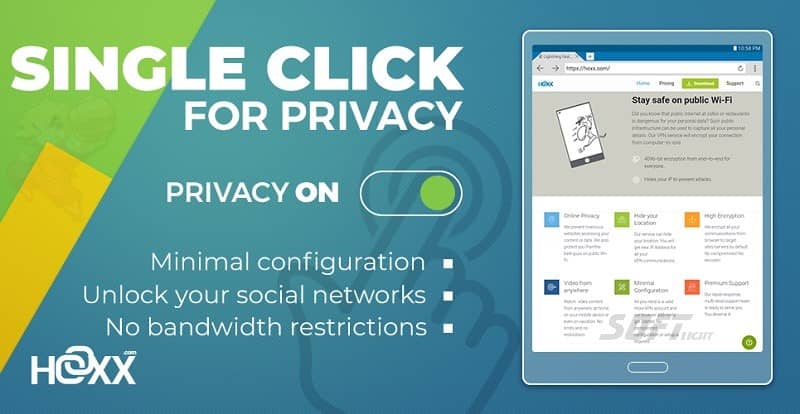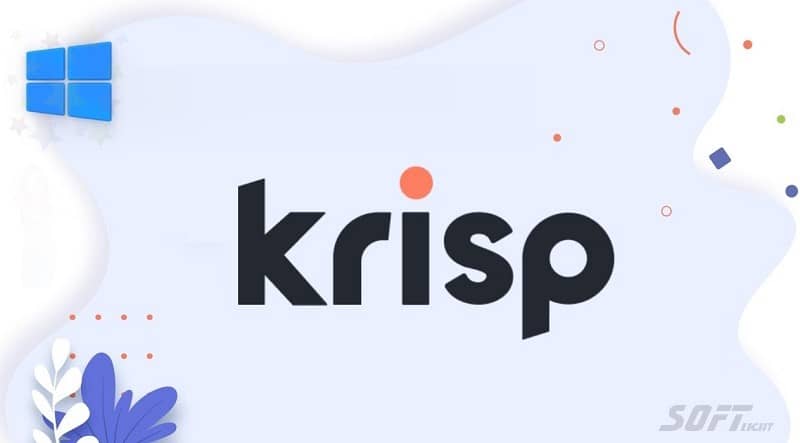New Google Update Will Make Web Browsing More Private
New Google Update Will Make Web Browsing More Private
According to TechRadar, Google’s massive drive to create a more private Internet continues, as it revealed an upgrade to the Privacy Sandbox program that it began last year. When it was first launched, Privacy Sandbox had two goals: to prevent cross-site monitoring while maintaining a dynamic and open online.
Today, Google
Announce that a number of its new privacy solutions are now available for beta testing via Chrome beta releases, allowing the internet community to provide input on new features before they are made accessible to all or certain users.
New Google Update
The new capabilities revolve around a number of other privacy recommendations recently unveiled by the computer software behemoth. Chrome, for example, said earlier this year that it would progressively discontinue support for third-party cookies, and more recently, that it will introduce Secure DNS to Android devices to manage user tracking.

Caring entails sharing
Trust Tokens are one of the new technologies being evaluated, which can assist distinguish actual users from bots and aid in the battle against online fraud. Another example is the Event Conversion Measurement API, which allows advertisers to understand when ad clicks result in a revenue opportunity without exposing the user’s name.
‘We announced our desire to build open privacy standards that may render third-party cookies unnecessary,’ said Justin Shuh, Director of Chrome Engineering, in a blog post. Since then, Google and a number of other companies have suggested new APIs to address use cases such as fraud prevention, ad selection, and conversion metering while preventing user activity from being monitored across websites.
Google understands that new efforts aren’t always well-received, and that internet privacy necessitates a delicate balance – a business that protects individual web users while still protecting the advertising income on which the majority of the web is based.
As a result, the company is still looking for comments on its privacy recommendations, which may be submitted through GitHub or by sending an email to the W3C Group.
New Google Update Will Make Web Browsing More Private




